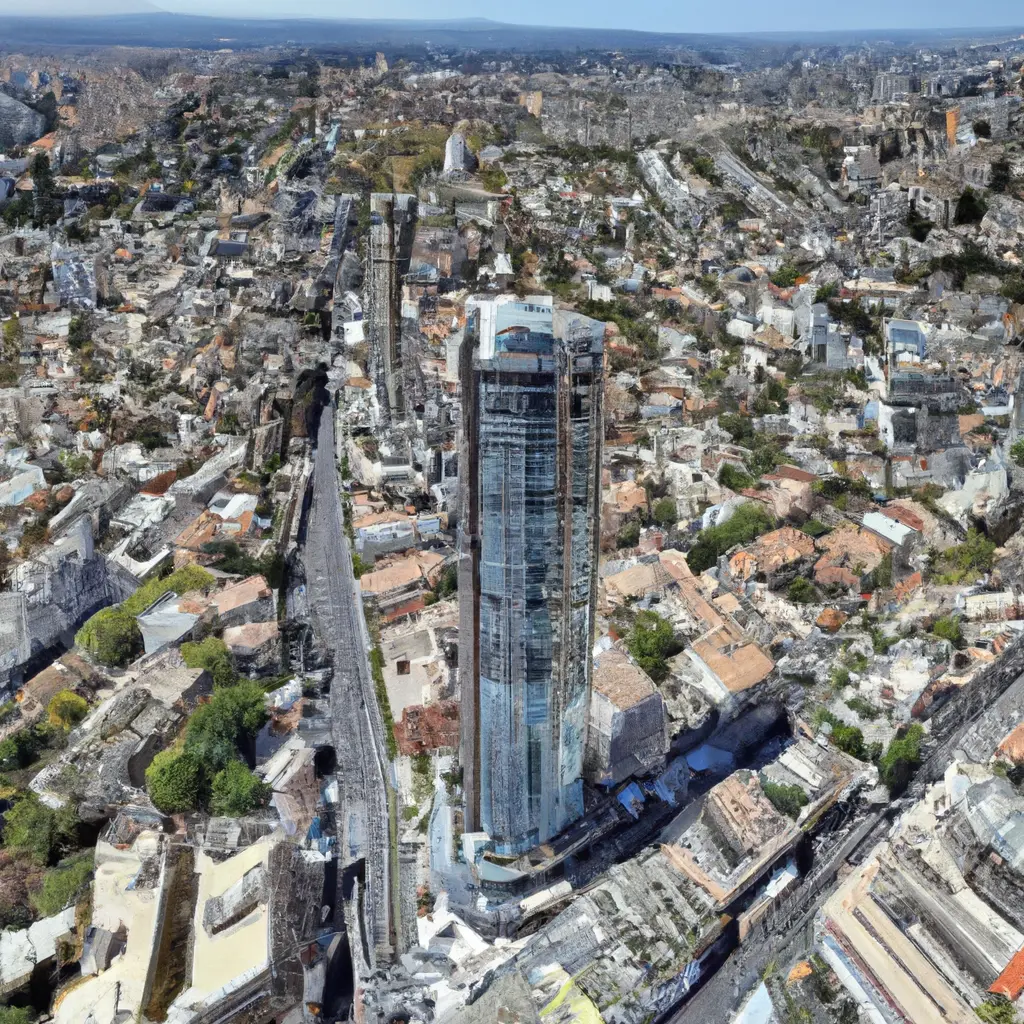Real estate boom in Greece and Cyprus poses risks - Financial Reflection

The real estate markets of Greece and Cyprus are undergoing significant transformations, with both countries showing promising growth and recovery.
However, beneath the surface of these overall numbers lie problems and inequalities that need to be addressed..
** Greece, in particular, has witnessed a construction boom with the emergence of new high-rise buildings in Athens and other major cities. This revival is evidence of the country's economic recovery, and now Greece is one of the fastest-growing economies in Europe.
Credit rating agencies are raising their assessments of Greek debt, attracting significant foreign investments. Major global companies, including Microsoft and Pfizer, are pouring money into the country, signaling strong investor confidence.
Similarly, following the cancellation of the citizenship by investment program, Cyprus is witnessing a revival of its real estate sector, driven by immigration and foreign investments, especially in luxury properties and tourist projects. The majority of investments are concentrated in Limassol and, to a lesser extent, in Larnaca and Paphos, leading to a noticeable increase in residential and office spaces. A significant number of technology companies have relocated or opened offices on the island, many see it as a stable refuge amidst political turmoil in Israel and geopolitical uncertainty in Lebanon, Ukraine, and Russia..
However, things are not so rosy. Greece and Cyprus are still struggling with high levels of debt, and their companies and households are carrying significant nonperforming loans. The shadow of the financial crisis still looms, and the pain for many from austerity measures lingers. The war in Ukraine has also introduced inflation, further burdening the economy, especially low-wage workers.
In Cyprus, although foreign investment is supporting the luxury real estate market, there are concerns about sustained growth and the possibility of bubbles in the real estate market, especially if it is primarily dependent on external demand.
Migrants. In addition, the rapid increase in the number of foreign migrants, both legal and illegal, causes social tensions, as the state has no mechanism to integrate these newcomers into the fabric of society.
While macroeconomic indicators and real estate growth metrics paint a positive picture, many locals feel alienated. Rapid growth and an influx of foreign investment have inadvertently driven up real estate prices, making the ability to purchase a home an impossible task for the average Greek or Cypriot. This phenomenon is not unique to these countries; in global cities around the world, locals are being displaced by rising real estate prices.
Despite the economic recovery in Greece, many are still suffering from the effects of austerity measures. Rising inflation, especially in basic commodities such as food and gas, is making daily life difficult for many. An improving economy does not necessarily lead to better living conditions for all, nor does it mean that the foundations have been laid for a better and brighter future for future generations, as the education system and local businesses have not adapted to the rapid changes around them.
While there are undeniable opportunities in these growing markets, it is important to approach them with deep understanding. Sustainable growth will require balancing foreign investment with local needs and ensuring that the benefits of economic recovery are shared equally. As we move forward, it is important to remember that real estate is not just about buildings and land; it is about people. Ensuring inclusive and sustainable growth will be key to long-term success in these dynamic markets. As stakeholders in these markets, how can we ensure that growth benefits everyone?
Written by Pavlos Loizou, CEO of Ask Wire.
Tags
Comment
Popular Offers

Subscribe to the newsletter from Hatamatata.com!
Subscribe to the newsletter from Hatamatata.com!
I agree to the processing of personal data and confidentiality rules of Hatamatata








